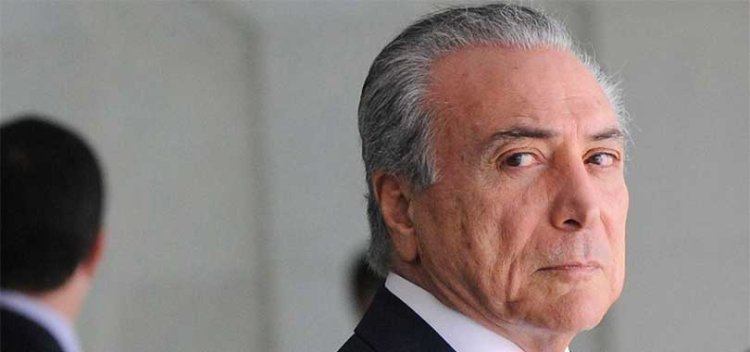Fundamental labour rights are also under attack by the government, and the country’s national trade union centres, CUT, FS, UGT /CNPL, CSB, CTB and NCST have jointly pledged to fight against plans to eviscerate the labour code. The largest of them, CUT, is leading a campaign against the impeachment of Dilma and attacks on former President Lula.
Sharan Burrow, ITUC General Secretary, said “The impeachment process, based on flimsy charges concerning the Dilma government’s budget, will allow political interests which have failed at the ballot box to take control of the country and roll back over a decade of social progress which started with the election of President Lula 13 years ago. An offensive against workers’ rights is just around the corner, along with cuts to crucial social spending, handing over of key energy assets to corporations and privatization of other state assets. The concerted campaign against Lula himself, led by a judge working in cahoots with powerful media interests and the wealthy elite, is designed to stop any chance of him returning to office at the next Presidential election.”
The impeachment was orchestrated by the lower house of Congress, where 303 members out of 513 are currently being investigated over charges of embezzlement of funds, homicide, slavery and other offences. House speaker Eduardo Cunha, who initiated the impeachment proceedings, was recently forced to stand down due to a Supreme Court investigation which is underway with the assistance of the Swiss authorities, over allegations that he received millions of dollars in bribes. Further claims of corruption have been made against acting president Michel Temer and the foreign affairs minister, Jose Serra. Senate leader Renan Calheiros has been accused of conspiring to limit corruption investigations which threaten members of the Congress. Many members of the senate itself also face allegations of corruption and other criminal behavior.
“Determined to oust President Dilma, her opponents have already introduced a bill in Congress for a 20-year austerity programme, which will have catastrophic consequences for the poorest in particular and which will cause lasting damage to the economy. The political and economic implications for Brazil and for Latin America as a whole are deeply disturbing,” said Burrow.


